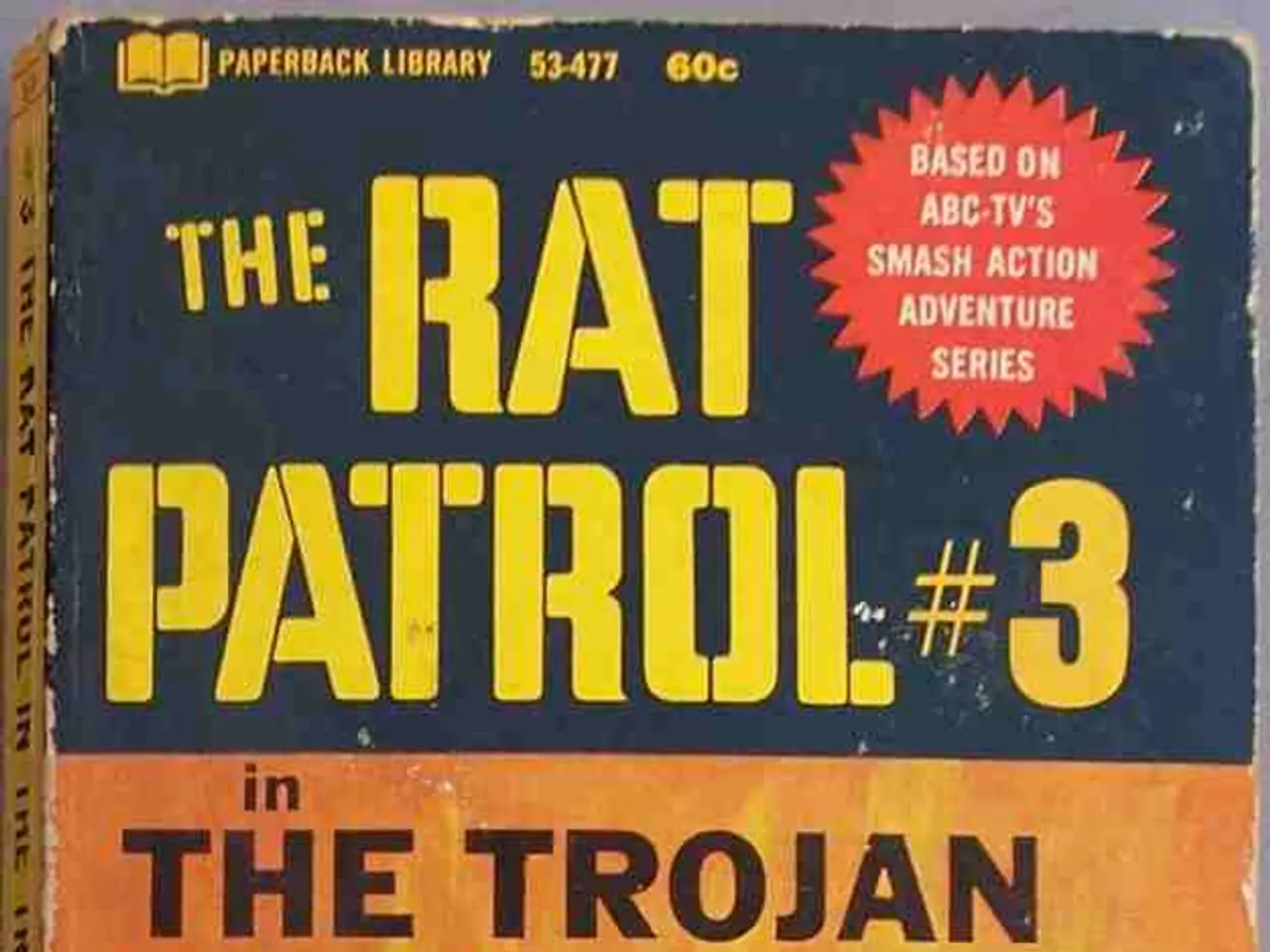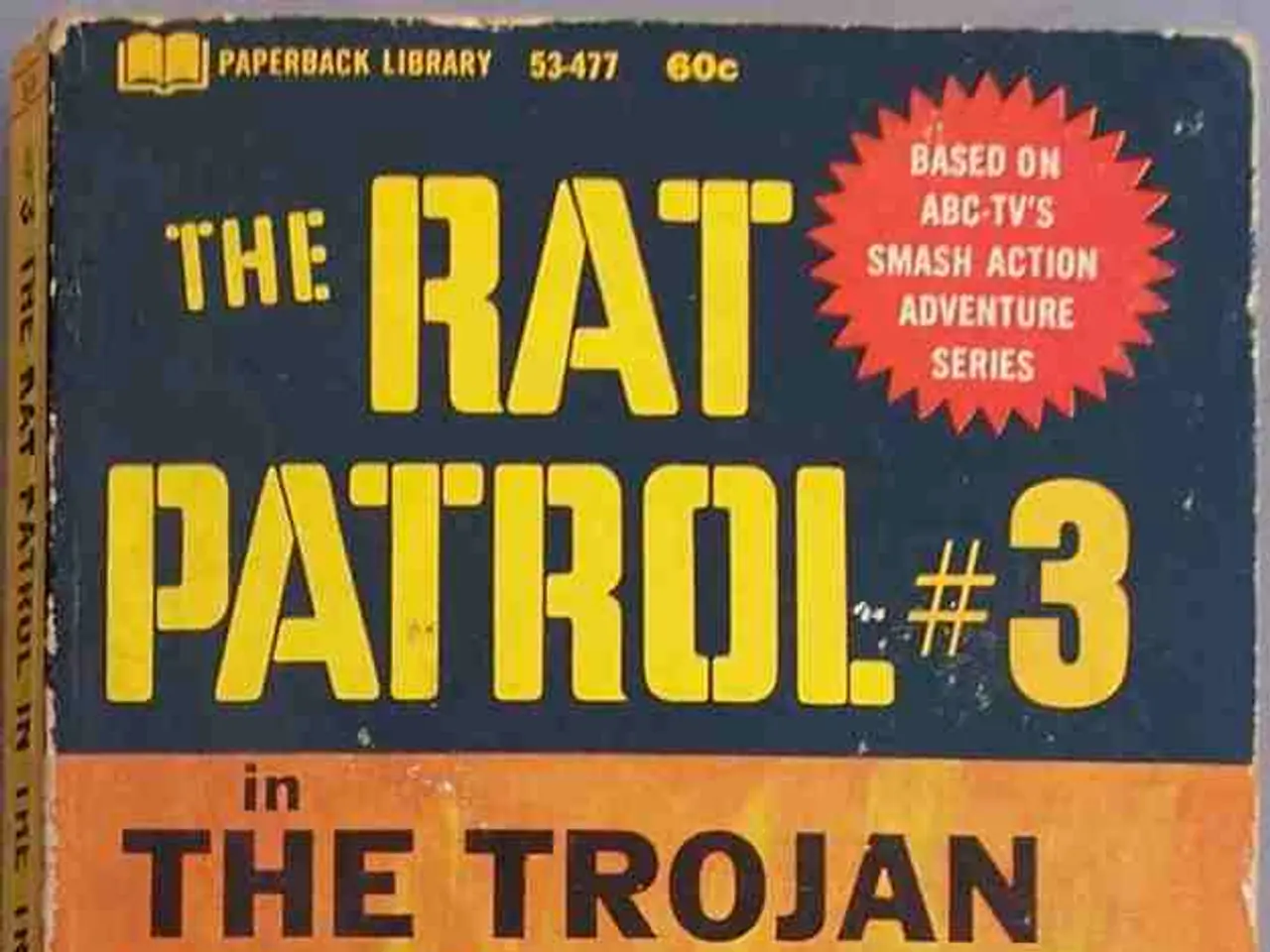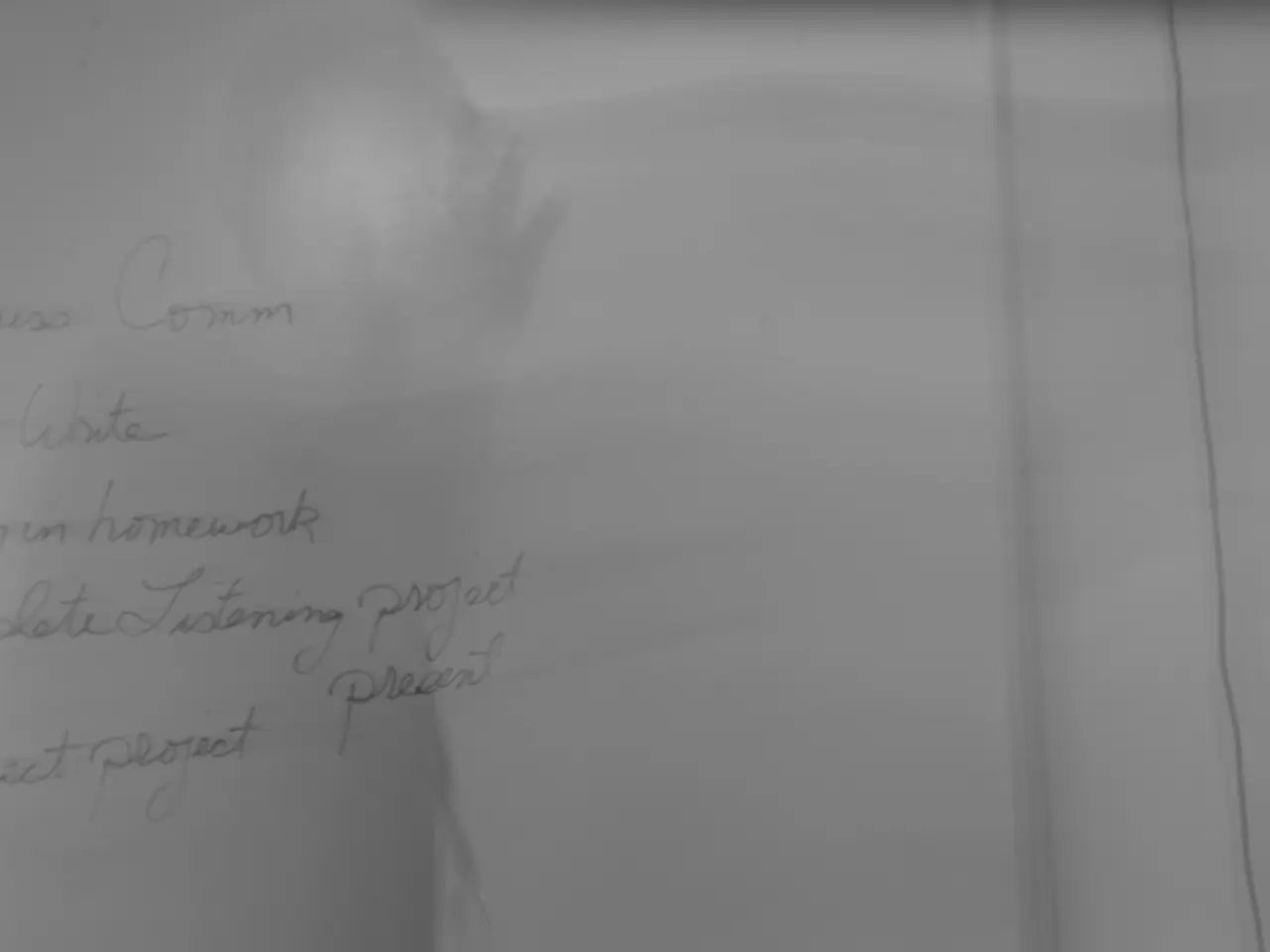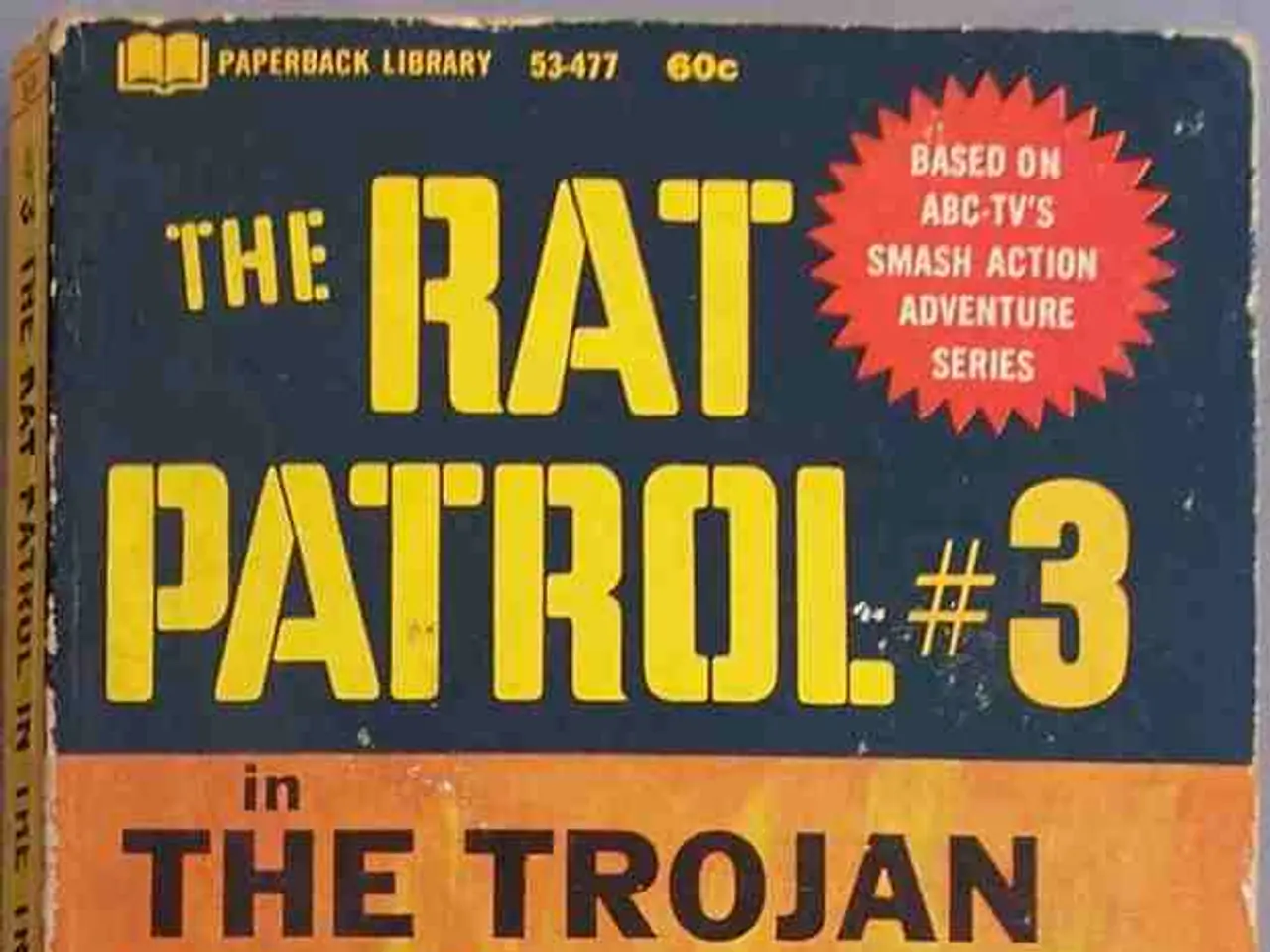Toeing the Line: European Compliance with Trump's NATO Demands
Unconditional Adherence to Trump's Strategy: European Countries Align with U.S. at NATO Meeting
Dutch NATO chief, Mark Rutte, played the submissive sidekick at the recent NATO summit, mirroring President Trump's style in his messages and openly supporting his demands for increased defense spending. "Europe will spend money in a BIG way, as it should, and that will be your victory," Rutte's message read, referring to the new spending target that NATO countries adopted on Wednesday: a hefty 5% of each country's GDP on defense and defense-related infrastructure by 2035.
This shift in defense spending goals is a notable victory for Trump, who has repeatedly pushed for European allies to carry a larger share of the defense costs that the U.S. has historically shouldered alone. Although some European leaders are eager to demonstrate their commitment to NATO, the path to compliance with the 5% target is fraught with challenges for some member states.
Cracks in the NATO Alliance
There have been clear objections to the new target. Before the summit, Spain's Prime Minister Pedro Sánchez called the new target "unreasonable," arguing that such a massive increase in military spending would be "incompatible with our social state and our worldview." His opposition, however, was unsuccessful, and he ultimately signed the new NATO goals.
Germany, a historically neutral member, has also embraced the U.S.-led military approach, with Chancellor Friedrich Merz publicly endorsing the 5% target weeks before the summit. Yet, this newfound alliance is not without its strains.
Europe's Dilemma
Experts like political scientist Johannes Varwick argue that the European nations are in a precarious position. The strategy of submissiveness towards the unpredictable superpower that is the U.S. may ensure NATO's survival in the short term, but it could be detrimental for the long-term security and stability of Europe.
Varwick believes that rather than blindly following the U.S., Europe should forge its own path, taking its security into its own hands without disregarding the lessons learned from a "peace power EU." Maintaining a focus on diplomacy, cooperation, and economic strategies could provide a more balanced and sustainable approach to Europe's security needs.
The Long Game
The European nations face a difficult decision: do they continue to bind themselves to the U.S. or strike out on their own? While an alliance with the U.S. may provide a short-term stabilizing influence, independence and self-reliance could lead to a more secure and prosperous Europe in the long run. The question remains: will Europe choose to act on its convictions, or will it continue to follow the dictates of the unpredictable superpower?
The politics surrounding the new defense spending goals in NATO, as a result of President Trump's demands, have led to objections from some members, such as Spain's Prime Minister Pedro Sánchez, who considered the new target unreasonable.
The general-news about the European nations' dilemma involves a decision between continuing to bind themselves to the U.S. or striking out on their own for a more secure and prosperous future, as suggested by political scientist Johannes Varwick.







